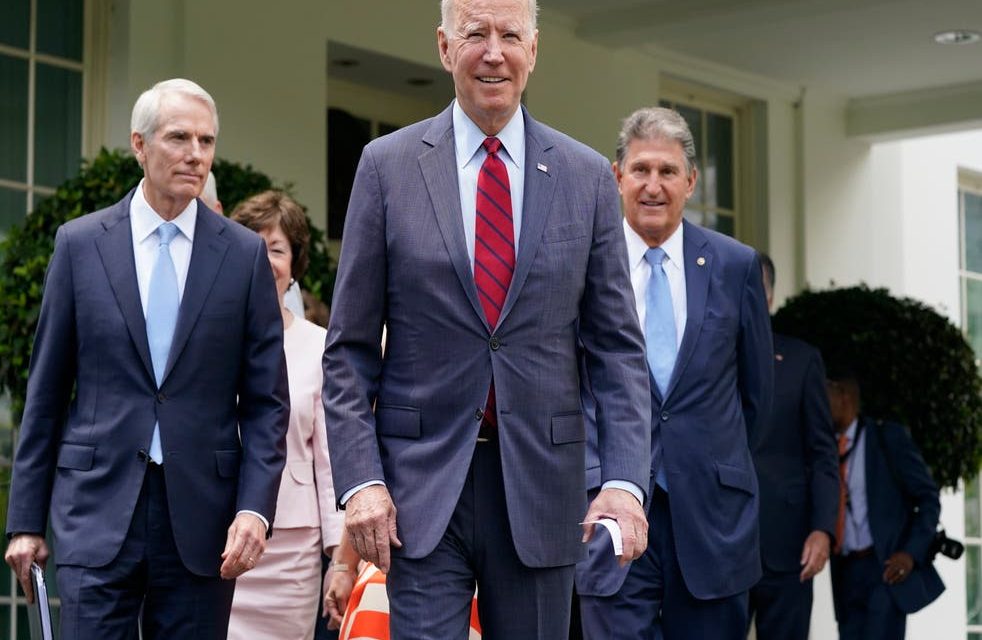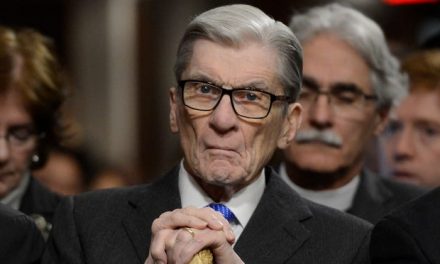The crumbling infrastructure deal is now back on track after Republicans were concerned that President Biden will not sign the bipartisan deal if Congress fails to pursue wider costlier tax cuts and spending programs.
However, after hours of discussions and pacification, a mutual understanding sprung as evident by the statements released by leading Republicans.
The White House was relieved, to say the least. And in the words of Senator Mitt Romney, “The waters have calmed down.”
Biden and his top aides worked the entire weekend to ensure the continuation of the $1.2 trillion investment for the nation’s infrastructure rebuilding, which will be undertaken within eight years’ time. Their efforts have paid off as Republican negotiators are even more confident that they could gain more votes from the GOP for the deal to move to the Senate.
What the infrastructure deal is all about
The Infrastructure deal covers the repair and rebuilding of dilapidated bridges, roads, and other public edifices.
Some of the targets are overwhelmed power grids, clogged drainage piping, and lead-filled water pipes. It also covers the installation of high-speed internet and other green projects.
The deal is seen as a generational legacy that takes accumulated infrastructure issues and provides long-term repairs instead of the quick fix that most previous administrations have focused on.
Once the bill is drafted, it will outline the investment necessary to materialize the plans for infrastructure development.
According to a White House insider, the administration may just have one of the biggest investments allotted for transportation, and water systems in nearly a century.
Also, the working positions included in the deal will most likely target individuals without college degrees. This move will have a vital effect on the job market as those who have had more net job gains are workers who went to college.
The chaos that threatened the deal
After months of partisan stance on issues such as the stimulus package and the elimination of the Senate filibuster, it is high time for the two political opposition to agree on a critical deal and land bipartisanship.
This week, the common ground became the infrastructure deal that appealed to both Democrats and Republicans. The plans for the deal were laid down with a fanfare detailing the inclusions. However, Democrats have called for more expensive tax cuts for corporations which is a critical issue that the GOP opposes.
A statement given by Biden suggested that he would veto the infrastructure deal if Congress does not push for higher tax cuts. As a result, Republicans were irked and upset about the direction of the deal.
On top of that, some more liberal Democrats are also urging Biden to consider a Democrat-only bill for the said deal.
Nonetheless, after Biden reassured Republicans that the infrastructure deal will continue to be bipartisan, the GOP gained their confidence that the forthcoming bill will acquire enough votes from the two parties.















